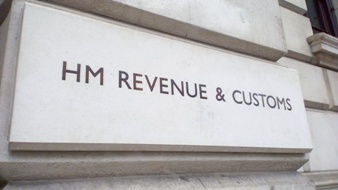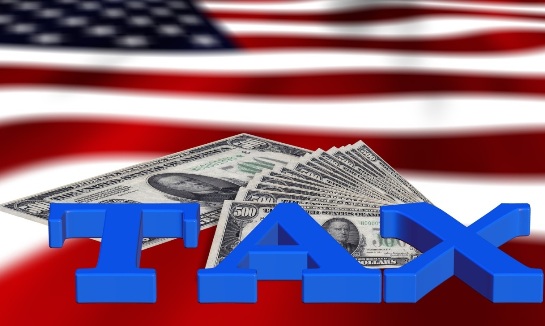Key elements of the EU-China Comprehensive Agreement on Investment

January, 2021
Author: Phoebe Luo
On 31st December 2020, European Commission President Ursula von der Leyen announced that the European Union and China have come to a Comprehensive Agreement on Investment (“CAI”) after seven years of talks.
Firstly, the CAI binds China’s liberalisation of investments over the last 20 years and in that way, prevents backsliding. This allows the EU market access clear and independent of China’s internal policies. It also allows the EU to resort to the dispute resolution mechanism in the CAI in the event of any breach of commitments.
In addition, the EU has negotiated further and new market access openings and commitments such as the elimination of quantitative restrictions, equity caps or joint venture requirements in a number of sectors. These are restrictions that severely hamper the activities of EU companies in China. The overall package is far more ambitious than what China has committed to before.
On the EU side, the market is already open and largely committed for services sectors under the General Agreement on Trade in Services (“GATS”). EU sensitivities, such as in the field of energy, agriculture, fisheries, audio-visual, public services, etc. are all preserved in CAI.
Examples of market access commitments by China:
- Manufacturing;
- Automotive sector;
- Financial services;
- Health (private hospitals);
- R&D (biological resources);
- Telecommunication/Cloud services;
- Computer services;
- International maritime transport;
- Air transport-related services;
- Business services;
- Environmental services;
- Construction services;
- Employees of EU investors.
Improving level playing field – making investment fairer
- State owned enterprises (“SOE”s) – Chinese SOEs contribute to around 30 percent of the country’s GDP. CAI seeks to discipline the behaviour of SOEs by requiring them to act in accordance with commercial considerations and not to discriminate in their purchases or sales of goods or services. Importantly, China also undertakes the obligation to provide, upon request, specific information to allow for the assessment of whether the behaviour of a specific enterprise complies with the agreed CAI obligations. If the problem is unresolved, the two sides can resort to dispute resolution under the CAI.
- Transparency in subsidies – The CAI fills one important gap in the WTO rulebook by imposing transparency obligations on subsidies in the services sectors. The CAI also obliges China to engage in consultations in order to provide additional information on subsidies that could have a negative effect on the investment interests of the EU.
- Forced technology transfers – The CAI lays very clear rules against the forced transfer of technology. The provisions consist of the prohibition of several types of investment requirements that compel transfer of technology. These rules would also include disciplines on the protection of confidential business information collected by administrative bodies (for instance in the process of certification of a good or a service) from unauthorised disclosure.
- Standard setting, authorisations, transparency – China will provide equal access to standard setting bodies for EU companies. China will also enhance transparency, predictability and fairness in authorisations. The CAI will include transparency rules for regulatory and administrative measures to enhance legal certainty and predictability, as well as for procedural fairness and the right to judicial review, including in competition cases.
Embedding sustainable development in the two sides’ investment relationship
- In contrast to other agreements concluded by China, the CAI binds the parties into a value-based investment relationship grounded on sustainable development principles. The relevant provisions are subject to a specifically tailored implementation mechanism to address differences with a high degree of transparency and participation of civil society.
- China commits, in the areas of labour and environment, not to lower the standards of protection in order to attract investment, not to use labour and environment standards for protectionist purposes, as well as to respect its international obligations in the relevant treaties. China will support the uptake of corporate social responsibility by its companies.
- Importantly, the CAI also includes commitments on environment and climate, including to effectively implement the Paris Agreement on climate.
- China also commits to working towards the ratification of the outstanding ILO (International Labour Organisation) fundamental Conventions and takes specific commitments in relation to the two ILO fundamental Conventions on forced labour that it has not ratified yet.
Monitoring of implementation and dispute settlement
- In the CAI, China agrees to an enforcement mechanism (state-to-state dispute settlement), as in EU trade agreements.
- This will be coupled with a monitoring mechanism at pre-litigation phase established at political level, which will allow the two sides to raise problems as they arise (including via an urgency procedure).
Zetland Fiduciary Group provides professional services for customers, especially in terms of customers entering the Chinese market and expanding business. It will support customers' development requirements at different stages through the following four professional services:
- China Market Entry Legal Consulting and Tax Planning;
- Work Place Solutions;
- Corporate Formation;
- Accounting and Tax Compliance Service.
For more information, please feel free to contact us via email shanghai@zetland.biz / beijing@zetland.biz or call us at +86 21 64272930.

















